At the Universidad de la Tierra in the city of Oaxaca, Mexico, on June 22, 23 and 24, 2022 delegates of the Pedagogical Political Commissions (CPP) of the IALAs (Latin American Agroecological Institute) of the CLOC-Via Campesina met with the participation of CEFIC, UNICAM SURI (Argentina), SEMBRADORAS DE ESPERANZA (Chile), AMAZONICO Y ELAA (Brazil), GUARANI (Paraguay), MARIA CANO (Colombia) and IXIM ULEW (Nicaragua).

In the meeting called “IALAs as a Strategy for the Construction of Food Sovereignty” we exchanged experiences of current struggles in our territories, as well as pedagogical strategies to massify agroecology.
With the presence of 30 colleagues we were able to share, learn and debate about agroecological schools; thematic content, political and territorial advocacy, peasant and popular feminism, peasant to peasant methodology (P-to-P), sexual and gender diversity, initiatives regarding production, strategies for economic autonomy, accreditation, difficulties and resistances.
In this exchange we reaffirmed that the IALAs have succeeded in spreading information and knowledge on agroecology through methodologies such as alternation and peasant to peasant, with its different territorial variants. This has meant the implementation of creative efforts informed by each particular local context, highlighting the voice and the traditional and local knowledge as the most loving and effective way of transmitting knowledge from rural areas. Each of these are processes made by and for the social subjects essential to each experience.
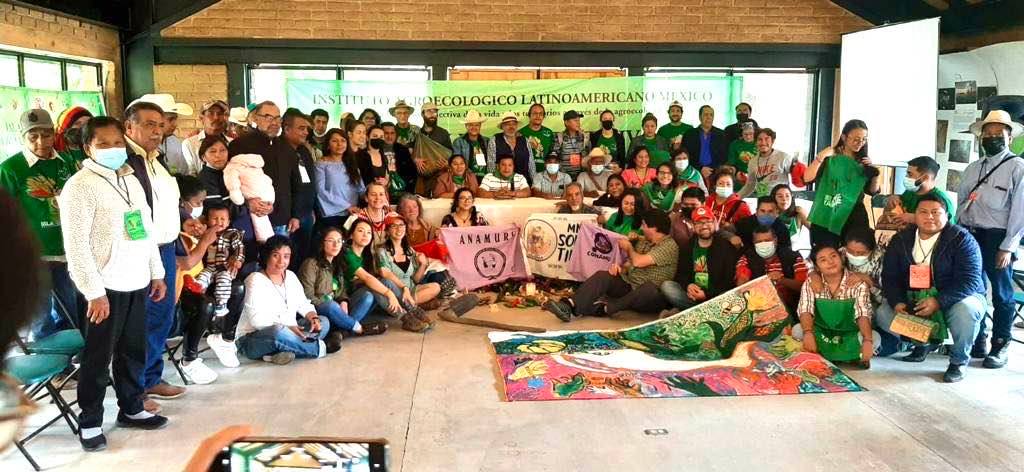
The strength gained by the learners in the IALAs is transmitted to the territories, nourishing a transforming conscience, processes of defense and resistance, strengthening their organizational functioning, broadening the vision of and the connection with their natural environment. Peasant and popular feminism has made way for itself within the consciousness of learners, educators and within the IALAs, as a way of reading, interpreting and transforming the world, highlighting the perspective of rural women regarding social, environmental, economic, political and cultural injustices. This has in turn paved the way and carved out spaces of trust to talk about issues with which we have a historical and political debt, such as sexual and gender diversity.
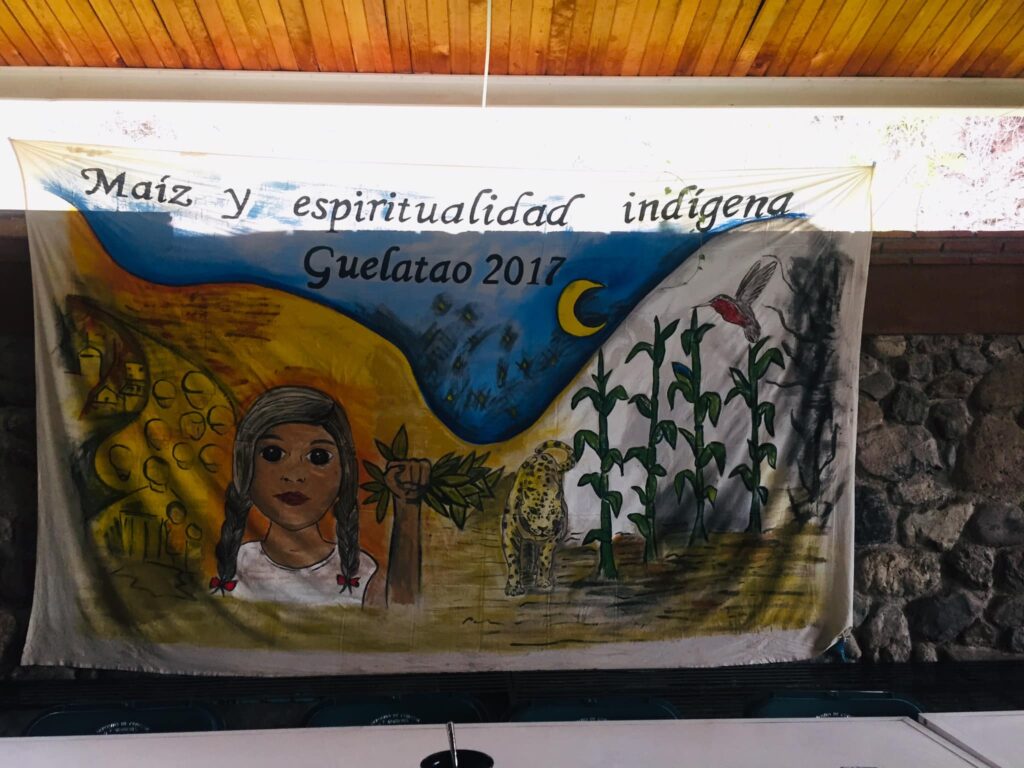
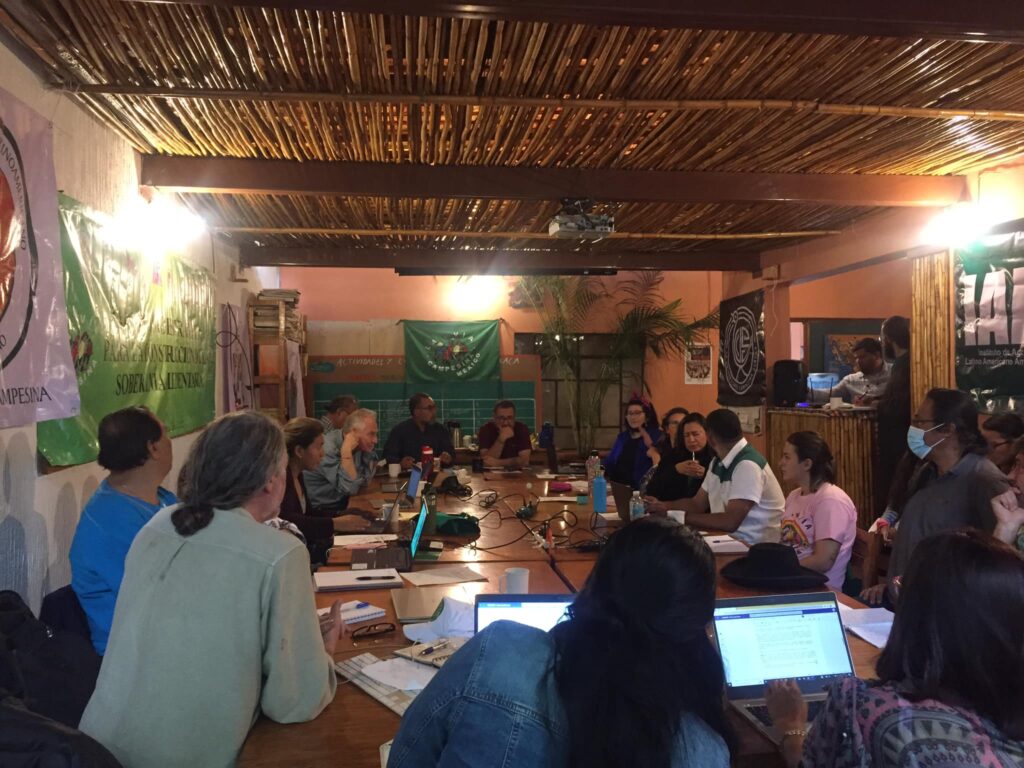
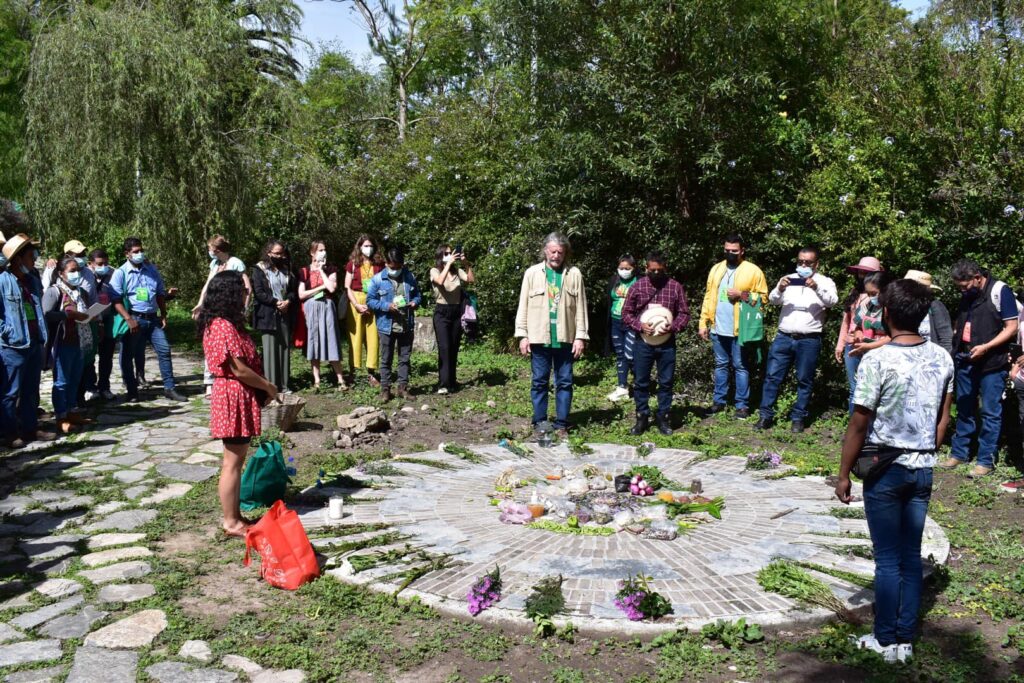
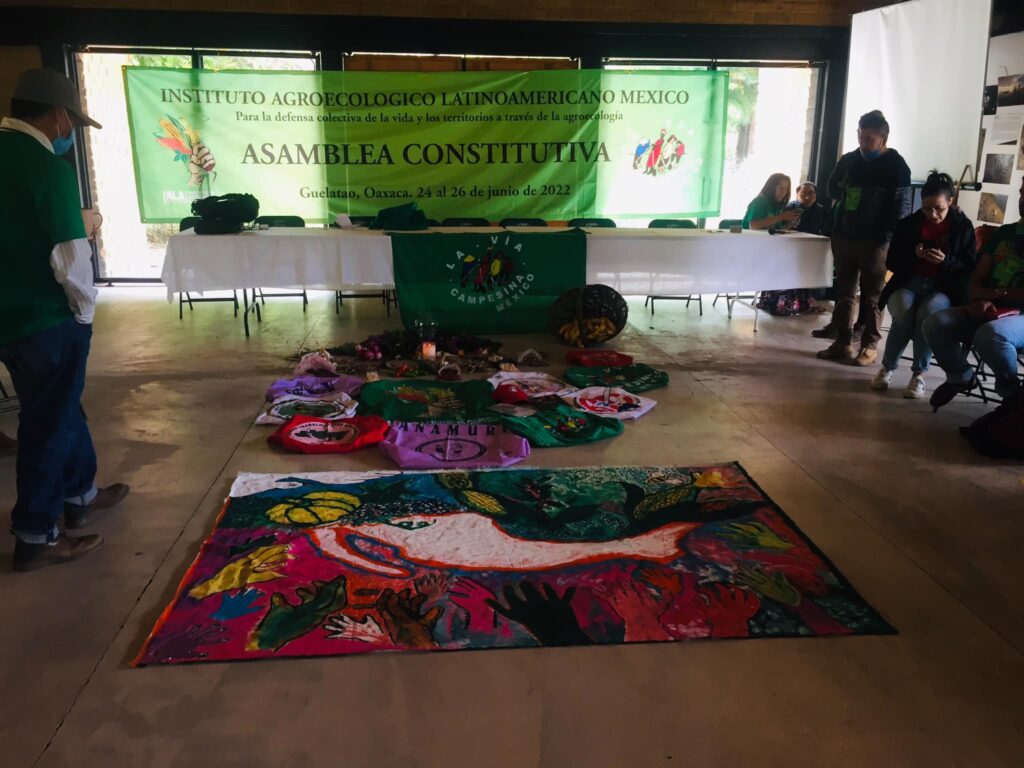
The economic alternatives that have emerged in the schools strengthen the awareness of self-consumption and local consumption, of local production and exchanges, and reinforces the ties of solidarity economy. Harvesting these foods is at the same time an apprenticeship of teaching by doing, producing and exchanging on the scale of territorial alliances.
Latin American Coordination of Rural Organizations – La Via Campesina
